- EV prices are dropping thanks to Tesla lowering the prices on all models.
- The federal government offers attractive tax credits for new and used EVs.
- Interest rates are still high, but EV manufacturers are offering attractive leasing and financing specials.
While many automakers already offer a limited inventory of electric vehicles, drivers will see more EVs arrive on lots in 2024. As these innovative, speedy, and eco-friendly vehicles hit the showrooms, the big question remains: Should you buy an electric vehicle now?
The answer is complicated.
Many car shoppers misunderstand the EV market, and if they haven’t shopped for a vehicle since the pandemic, they might be in for a surprise. Vehicles aren’t cheap. But, as the auto industry is recovering from the pandemic and new cars are refilling the previously empty car lots, prices are beginning to level out.
Earlier in 2023, car shoppers still had to order an EV or wait for the one they ordered in 2022 to show up. Now, many dealerships have robust inventories of EVs ready to go.
What’s the deal with EV prices?
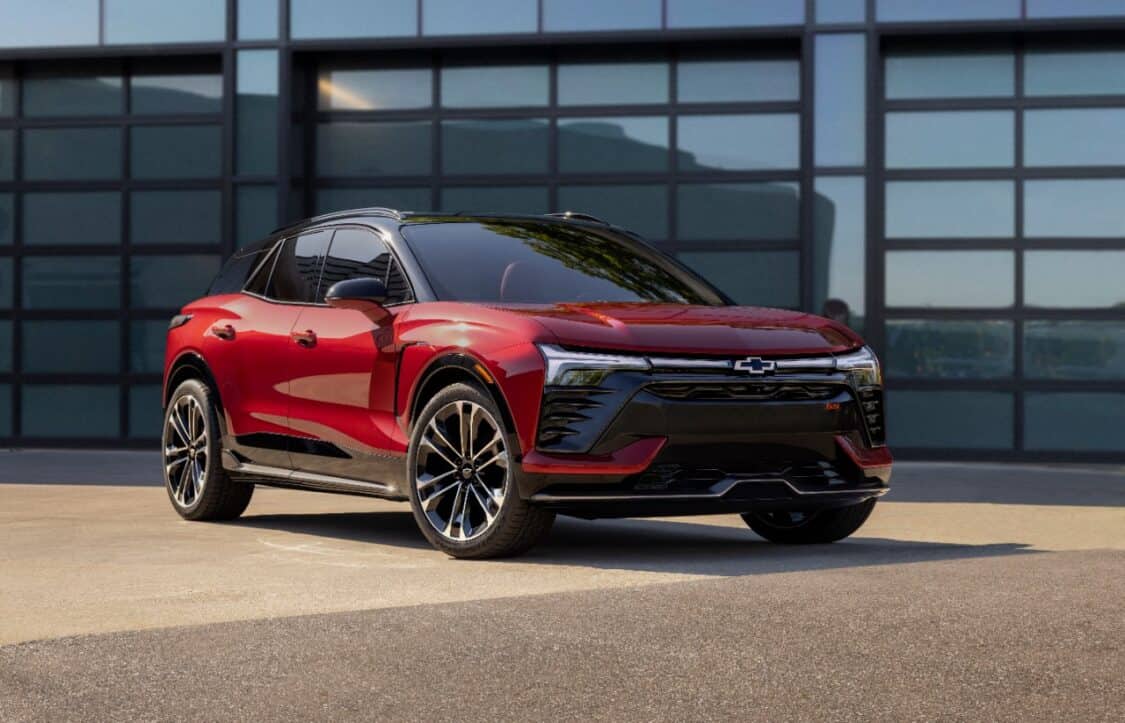
A few months ago, Tesla lowered the sticker prices on the Model 3 and Model Y, forcing other automakers to do the same. On September 1, Tesla also lowered the prices of the Model X and Model S – so the entire Tesla lineup qualifies for the Inflation Reduction Act Tax Credit.
Volkswagen offers a bargain-priced ID.4, and many Kia dealerships are selling the EV6 below sticker price – especially the speedy GT model. Unfortunately, Chevrolet has announced the end of the Bolt, but drivers can still get their hands on the Nissan Leaf until 2026. Lucid lowered the price of the Air, and Ford cut the entry-level F-150 Lightning price by $10,000.
When the 2024 models arrive, the sticker prices on the 2023 models could drop even more.
ADVERTISEMENT
Should I wait for the 2024 EVs?
Yes and no. Battery technology, charging time, and range aren’t changing much in the next few years, so the differences between the 2023 and 2024 models will be cosmetic – if there are changes at all.
If you fell in love with the Chevy Blazer EV SS in the Barbie movie, you’ll have to wait until 2024. The same goes for the Honda Prologue EV, which won’t arrive on lots until early 2024. Drivers who are patiently waiting for a three-row SUV EV won’t have to wait much longer for the Kia EV9 – as the innovative model is appearing in showrooms as I type. It’s not for sale yet, but you can check it out and decide if it’s right for you.
A low-priced Chevrolet Equinox EV is expected in 2024, giving drivers another affordable and roomy option. General Motors is also releasing a Chevy Silverado EV and GMC Sierra EV to compete with Ford’s F-150 Lightning. Stellantis is also getting into the full-size EV truck market with the upcoming 2025 RAM 1500 REV.
Is new EV technology arriving soon?
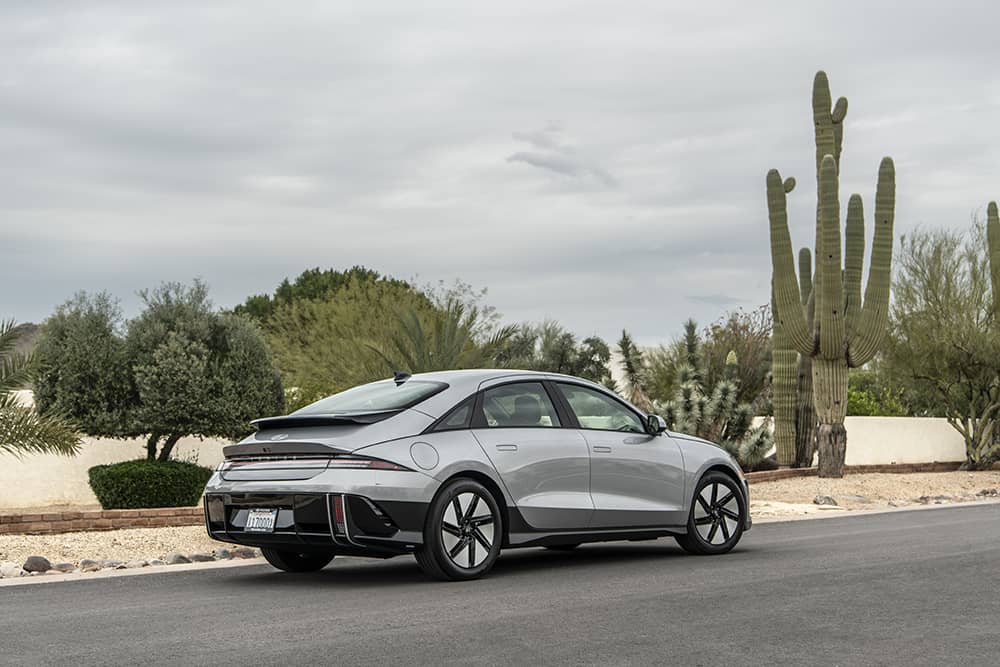
Yes and no. The popular EV models like the Ford Mustang Mach-E, Kia EV6, VW ID.4, and Hyundai Ioniq 5 aren’t going to change much. They might get new infotainment systems or more energy-efficient tires, but they have the same lithium-ion batteries and fun-to-drive performance technology. New EV technology will come via computer updates and the opening of more charging stations.
Eventually, EVs will have better battery technology – like solid-state batteries that charge faster and provide more range. The news that they are on the horizon is exciting, but the horizon is several years away. If you buy a new electric vehicle today, you’ll have it paid off before solid-state battery tech arrives.
ADVERTISEMENT
Can I take advantage of EV incentives?
EV incentives make EVs financially attractive. The Inflation Reduction Act provides tax credits between $7,500 and $3,750 for EVs assembled in the United States. You can take advantage of the tax credit on EVs made by Ford, Stellantis, Volkswagen, Tesla, Rivian, and more, but vehicles like the Kia EV6, Toyota bZ4x, BMW i4, and Hyundai Ioniq 5 do not qualify – yet.
Hyundai is busy building assembly plants and battery factories in the US, so shoppers can use the $7,500 tax credit on the Hyundai and Kia EV lineup.
The easiest way to determine if the EV you’re considering will qualify is to check with the Internal Revenue Service.
Don’t forget that states and utility companies also offer incentives for residential EV charging stations. The federal government also gives drivers a tax credit for installing an EV charger in their homes. Charging at home is easy and affordable thanks to these incentives, and many utility companies offer discounts for residential customers who charge their EVs at night.
Should I buy or lease an EV?
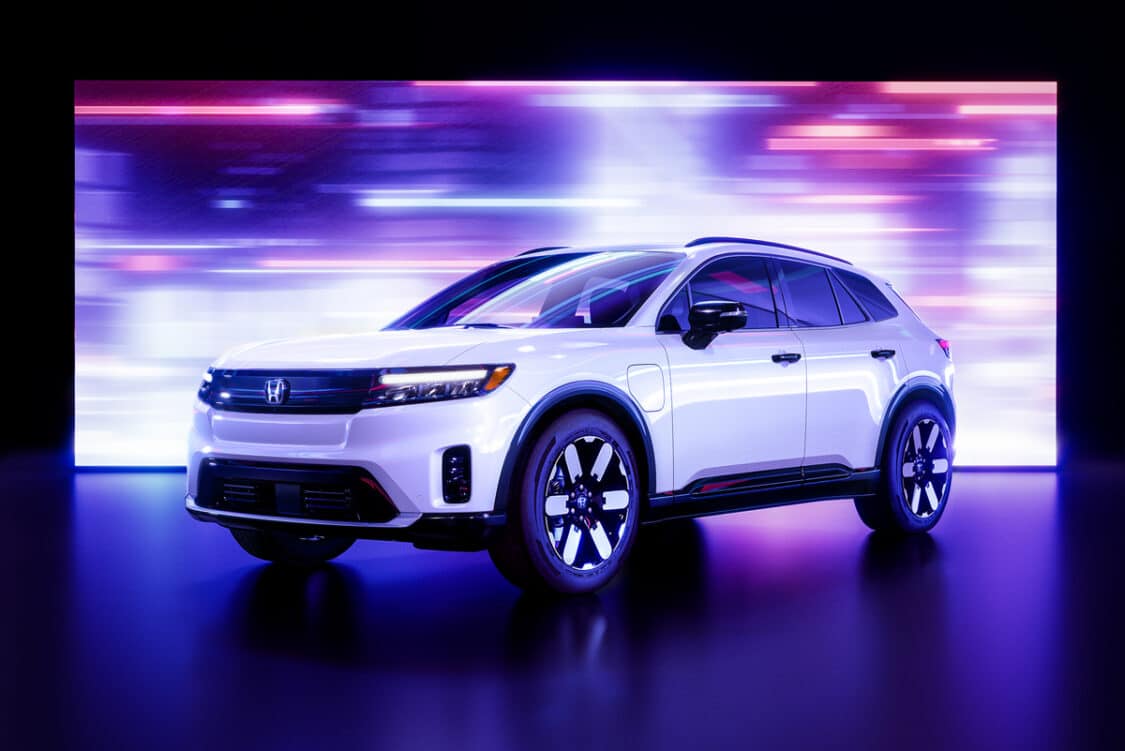
If you want to buy an electric vehicle that doesn’t qualify for the tax credit, leasing might be a good idea for you. Many automakers are offering leases with the $7,500 discount because they can claim the tax credit as a commercial business. They benefit, so they pass the discount to their customers.
Leases have low monthly payments but do come with mileage restrictions. If you drive over 15,000 miles annually, a lease isn’t a good idea, as you’ll have to pay a fee for every mile over the limit. Read the lease deal closely before you sign on the bottom line.
It’s no secret that interest rates are higher than normal, but automakers continue to offer interest incentives to customers with good credit. The specials usually change each month, so if you don’t see what you want, wait a few weeks.
ADVERTISEMENT
Should I buy a new or used electric vehicle?
The federal government offers the tax credit for new and used EVs, so you could save up to $4,000 on a used model. If you’re worried about the battery, don’t. The federal government mandates that all EVs sold in the US have a warranty of at least eight years and 100,000 miles.
Used car prices are dropping, so you can get a great deal on a used EV. Most EV models have only been around for a few years, so they have the latest safety features and infotainment systems. Shop around to find the best deal on the model with the features, range, and charging speed you need.
New cars lose value the moment you drive them off the lot, but they also have the new car warranty that many used vehicles do not have. Weight pros and cons for your driving and financial needs.
Making the decision
Deciding whether to buy an electric vehicle now or wait is a personal choice with several factors. Cars are not financial investments, but replacing a gas car with an EV is an environmental investment – especially since electricity is cheaper and cleaner than gasoline. Your maintenance costs drop when you buy an electric vehicle, as they never need oil changes and they have fewer moving parts.
If you’ve never driven an electric vehicle, talk to EV drivers and read about EVs to learn about charging. Once you buy an EV, you’ll have to deal with charging, which is different from filling up at the gas station. Don’t forget about plug-in hybrid models like the Lexus RX 450h+, Jeep Wrangler 4xe, and the BMW 330e, as this type of EV offers the best of both worlds – at least 20 miles of all-electric range with a traditional internal combustion engine.
ADVERTISEMENT

FEATURE IMAGE: FORD
FTC: We use income-earning auto affiliate links. Learn more.


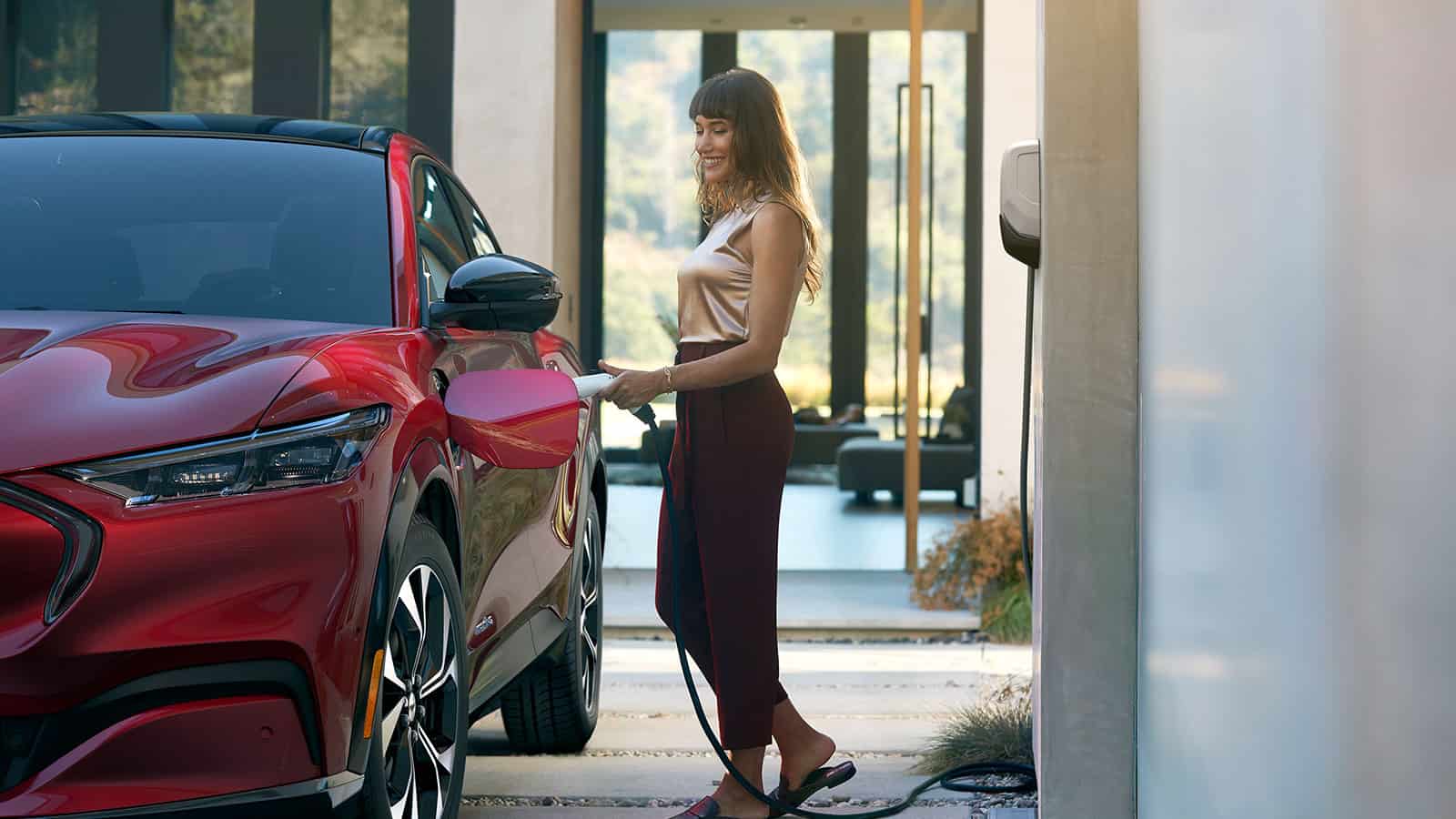


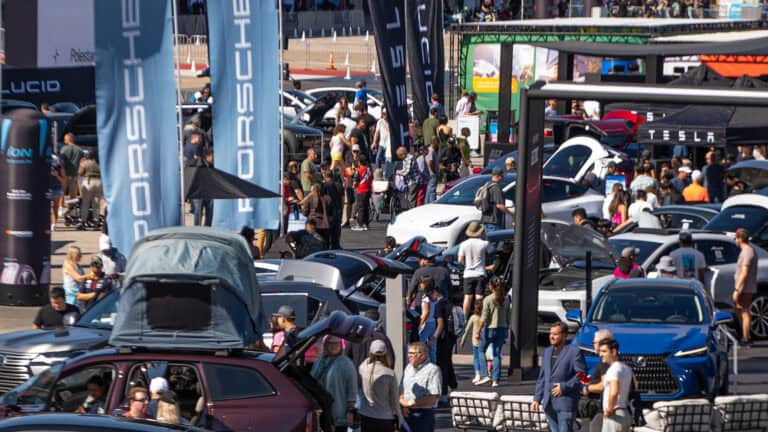
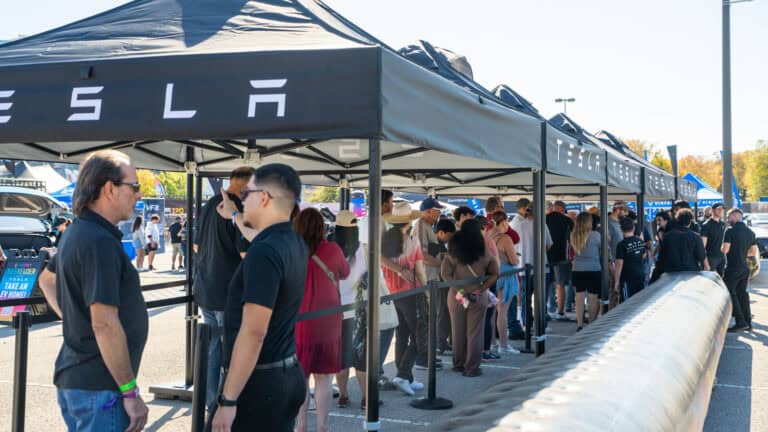


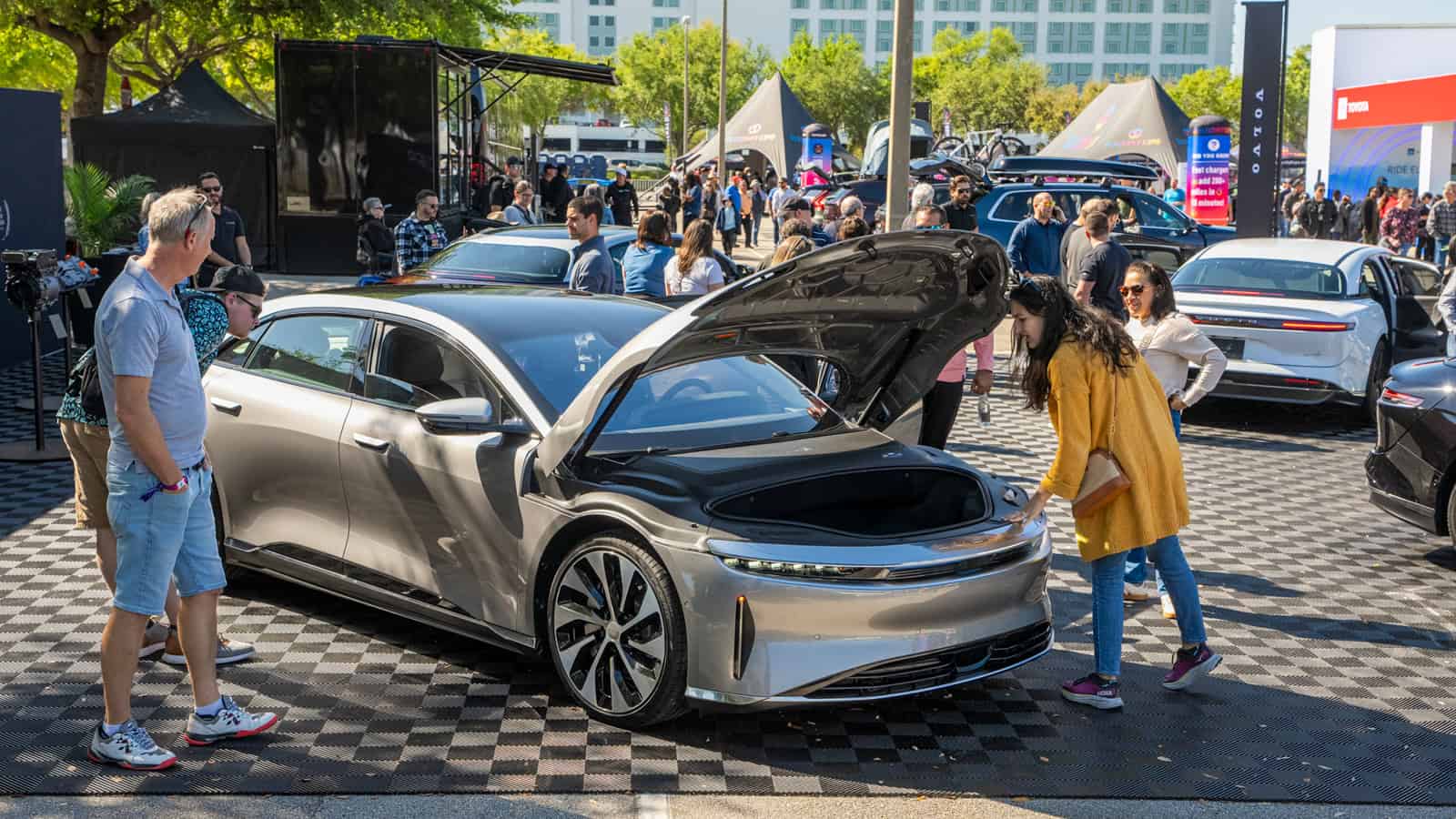
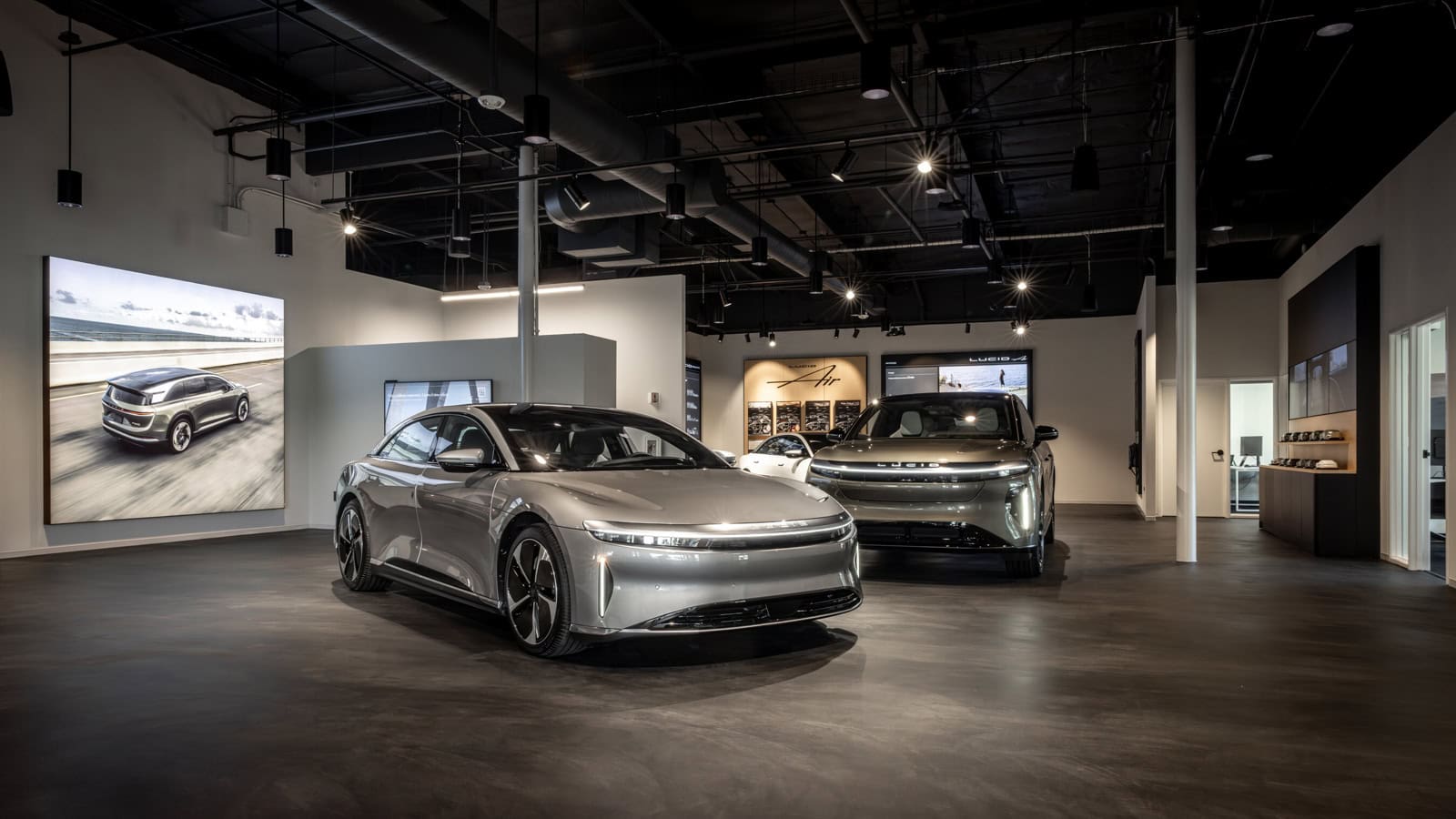
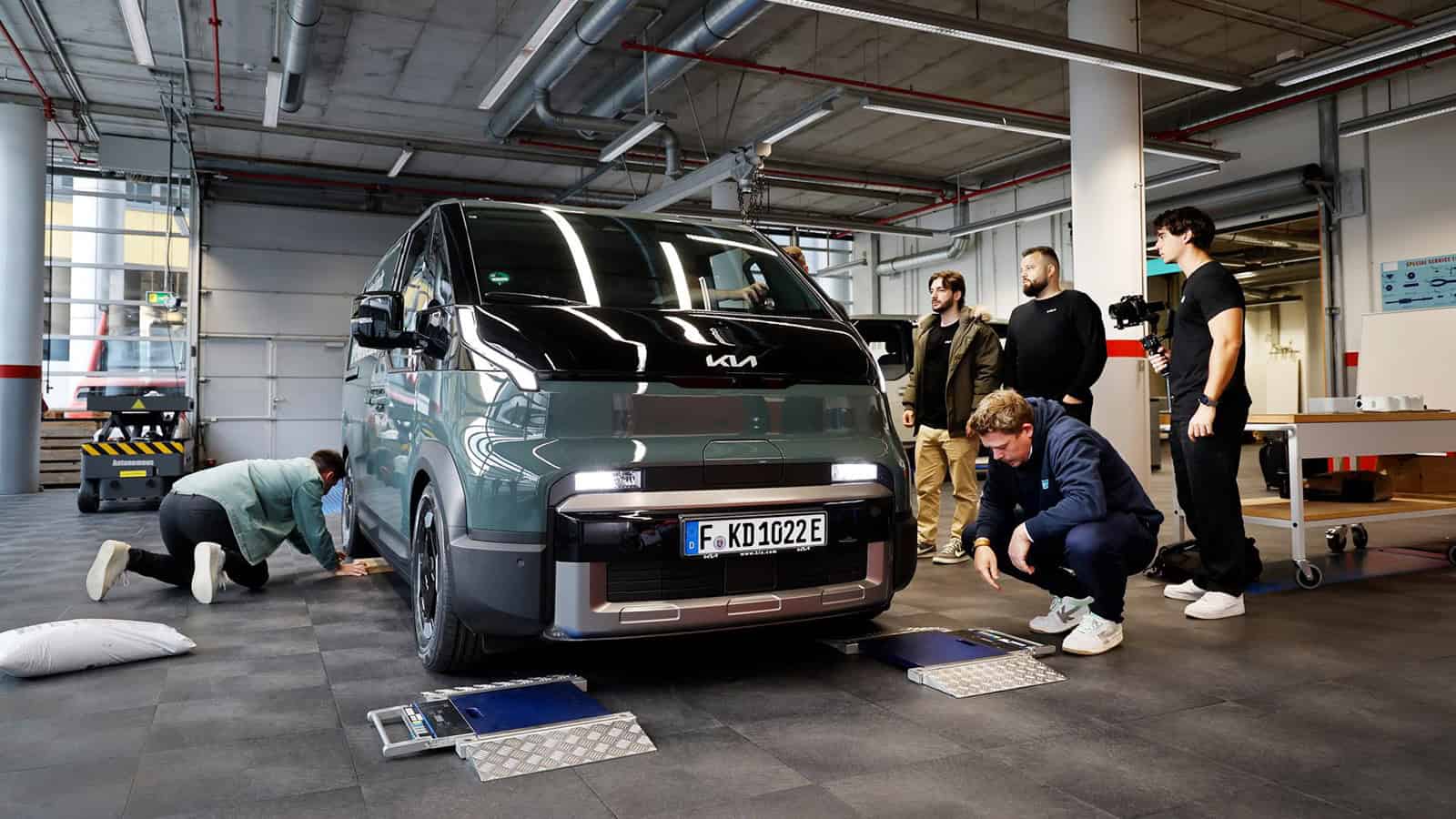
One Response